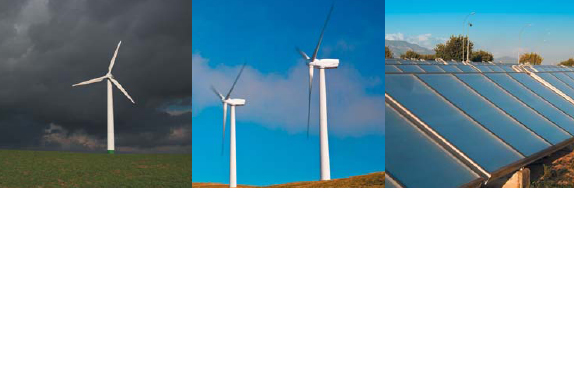Disruption and Disarray: An analysis of pangolin scale and ivory trafficking, 2015-2024
<p>In 2019, the illegal wildlife trade reached staggering levels. Pangolin scales and ivory were being trafficked in massive quantities from Africa to Asia, exposing a network of crime syndicates operating



